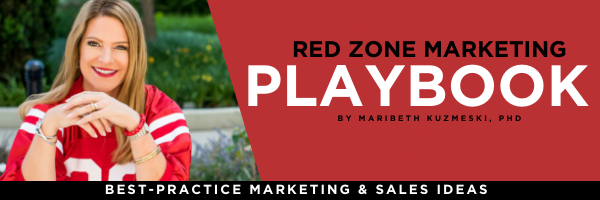 If you find yourself constantly resorting to generic answers when people ask you questions about yourself, it may be time to rethink your approach. So often we drift through our day, not even seeing the opportunities we have in conversations with others. From the simplest “Hey, how are you?” to the more complex questions you are asked throughout your work day — how often do you take time to answer the questions fully?
If you find yourself constantly resorting to generic answers when people ask you questions about yourself, it may be time to rethink your approach. So often we drift through our day, not even seeing the opportunities we have in conversations with others. From the simplest “Hey, how are you?” to the more complex questions you are asked throughout your work day — how often do you take time to answer the questions fully?
A critical question we so often shy away from answering in a powerful way and one that can open doors to a world of opportunity is: “What do you do?”
I have heard even the most seasoned professionals use the old standard, black and white description of their business. As an example they answer: “I am a financial advisor.” Although you are concisely stating exactly what you do with that answer, you are also opening the door for all of the stereotypes and preconceived notions they associate with that title or profession. For many, you would be tossed into the broad category of salesperson and forgotten in their minds. Simply said: The real benefits are being left open to hope (I sure hope they know what a financial advisor does). But in order for action, they must want what you have — and it’s your job to make them want it!
However, talking about yourself and your products with more detail often comes across as sales-y or boastful or meaningless. For example, if a financial advisor says, “I hold the CFA designation.” That’s great…but what does that really mean to the person you are talking with?
Instead, try using a phrase that I have heard some top advisors use. Follow the black and white feature statement with an absolute home run connector statement that gives you the right to talk about your expertise or other benefits of your services. For instance: “I hold the CFA designation. And let me tell you why I think that may be important to you.”
The statement, “And let me tell you why I think that may be important to you” gives you the right to share why something may be important to them. It will still be a factual description of what you do — but this time with meaning directly for the person you’re talking with. And it may just be the opportunity to put preconceived notions to rest and build your value — without coming across “sales-y.”



So, you’re absolutely right, most people miss this opportunity…I know I typically do. And, yes, most of us don’t want to come off like a typical sales person. With that said, responding to “what do you do?” With something that ends with “here’s why that may be important to you…” sounds incredibly salesy to me.
This is a great topic….and one that thousands of people have tried to master without a lot of success.
I’d love to banter about this to come up with something out of the box…..something better. As I mentioned….this is important but typically quite flawed.
I agree with everything Mark said, especially that “here’s why that may be important to you…” sounds incredibly “salesy”. If I heard that from someone I would think “here we go, what pitch is next?”
Try this on.
From an M.D. – “I’m a Medical Doctor with a certification in heart health, here’s why that may be important to you… most people in this country die from heart problems, so come see me if you ever want help in assessing your personal heart health risk?”
Sounds more like a used car salesman to me.
Context is certainly important. Consider telling the person you are speaking with why what you’re saying may be important to them – without saying “let me tell you why that may be important to you.” The key is to get to the benefit and not just talk in features like most do. Features are rarely compelling.